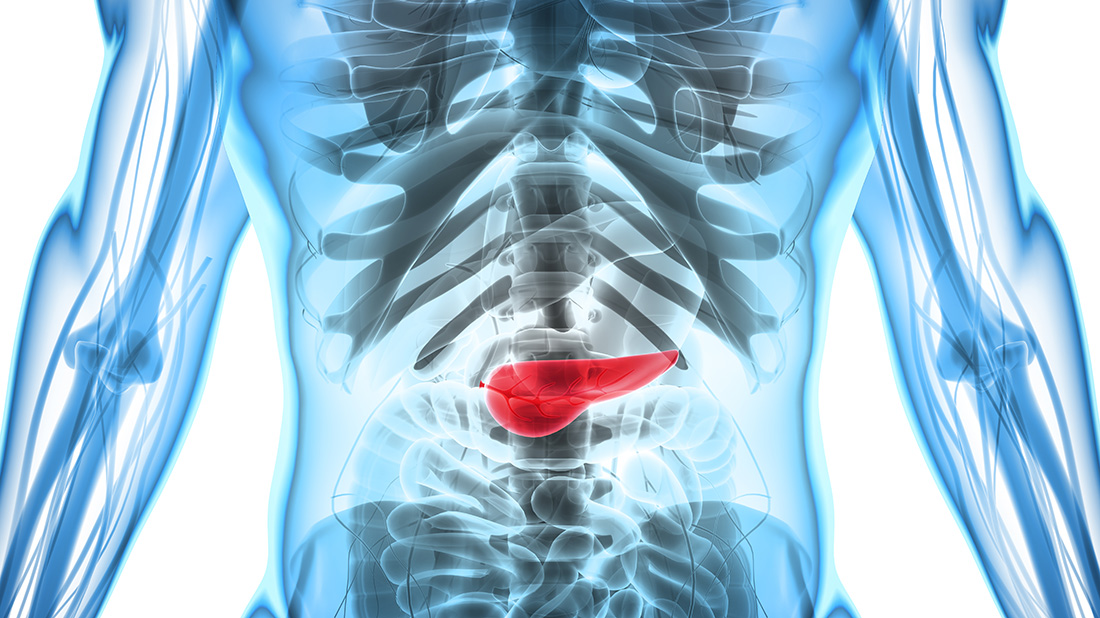
What is Exocrine Pancreatic Insufficiency (EPI)?
Exocrine Pancreatic Insufficiency, or EPI, is a condition where the pancreas doesn't make enough of the enzymes needed to digest food. Without these enzymes, your body can’t properly break down and absorb nutrients, especially fats, from the food you eat.
What Causes EPI?
EPI often develops as a result of damage to the pancreas. The most common causes include:
- Cystic fibrosis (especially in children)
- Chronic pancreatitis (ongoing inflammation of the pancreas, more common in adults)
Other conditions that can lead to EPI include pancreatic cancer, certain surgeries, or other diseases that affect the pancreas.
What Are the Symptoms of EPI?
When your body can’t absorb fats and nutrients properly, it can lead to a variety of digestive issues, such as:
- Abdominal pain, gas, or bloating
- Diarrhea or constipation
- Fatty stools (pale, greasy, smelly poop that may float)
- Unexplained weight loss
- In children, poor growth or failure to thrive
These symptoms can vary from person to person and may develop slowly over time.
How is EPI Treated?
Have questions about EPI?
Schedule an AppointmentPrevention & Treatment
Endoscopic Ultrasound (EUS)
A procedure that examines your esophageal and stomach linings and the walls of the upper and lower gastrointestinal tract. The procedure is performed using an endoscope, which is a thin, flexible tube equipped with a tiny camera and ultrasound device that allow the physician to view any affected regions of your gastrointestinal tract and make a much more accurate diagnosis.
Learn More